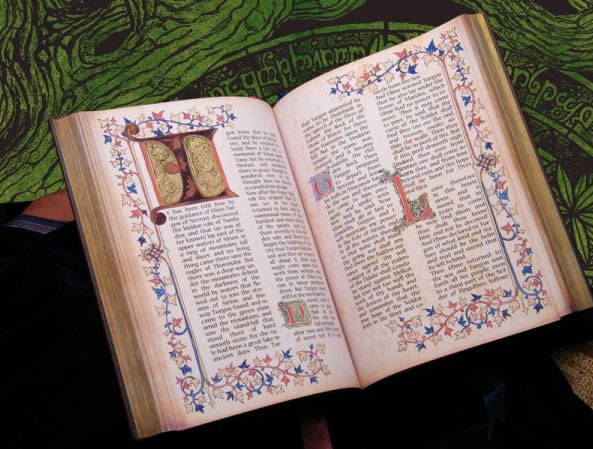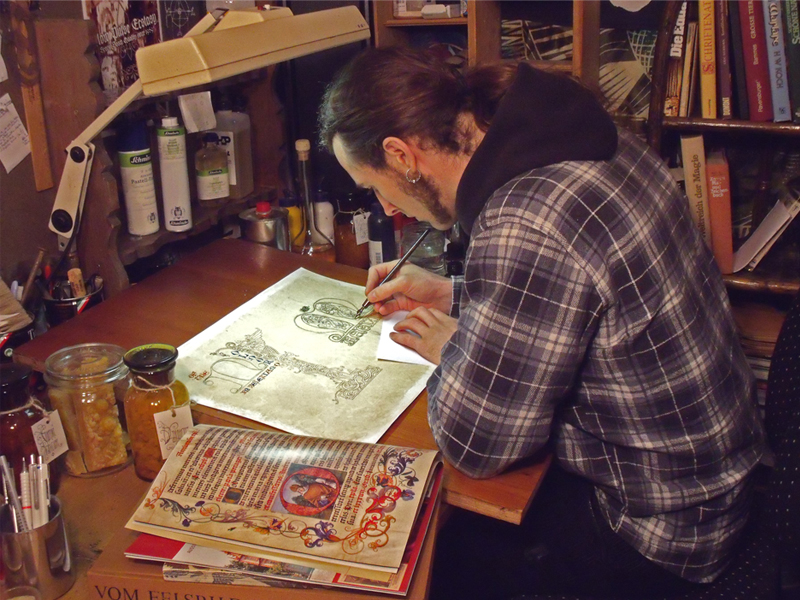"Although I have readily fallen in with the idea of assisting you in your learning, yet [there] is in reality very little that a person who is seriously and industriously disposed to improve may not obtain from books with more advantage than from a living instructor... Masters and mistresses are very necessary to compensate for want of inclination and exertion: but whoever would arrive at excellence must be self-taught" - Thomas Young, letter to his brother, 1798At age two he could read, and by age four he had read through the Bible twice. While a teen, he could read Greek, Latin, Hebrew, Persian, Syriac, and Chaldean. At 14 he was tutoring others on the classics. By age twenty he had also learned French, German, Spanish, Arabic and Italian.
While a teen he also taught himself calculus, studied the sciences, learned how to construct his own optical devices, and learned medicine. He also studied art and learned to play the flute. He was not a complete nerd, either; he could also ride horses, sing, and dance. Once he walked over 170 miles to see an art exhibition.
Please go here to read more about this remarkable scientist and Christian.


